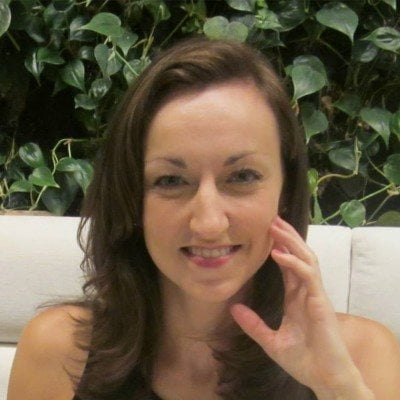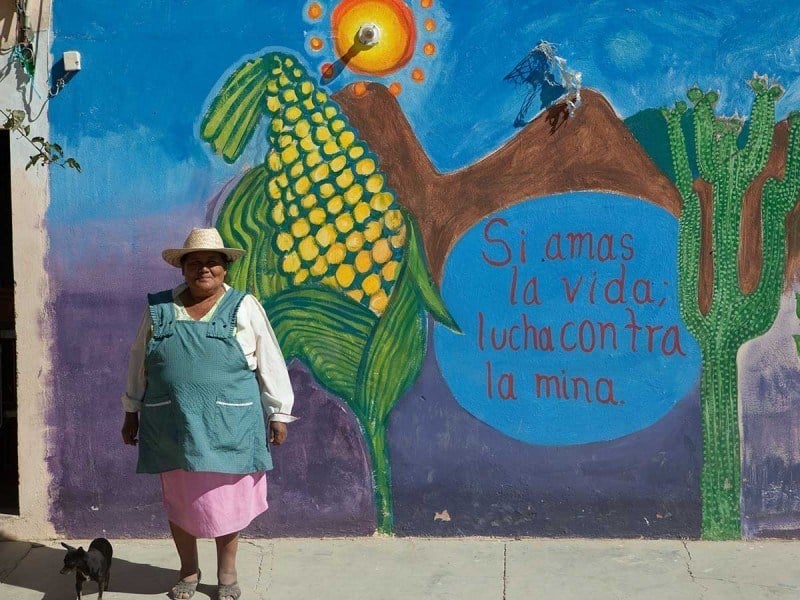The recent reports of three new Ebola cases in Liberia—including a woman who died on March 31—remind us of the difficulty of fully eradicating the virus from West Africa. They also remind us of the human impact of Ebola, which has killed over 11,000 people in Liberia, Guinea and Sierra Leone since December 2013.
While the loss of yet another life to Ebola is tragic, the likelihood of the situation erupting into another large-scale epidemic is extremely low. Liberia is well-equipped to contain the virus, thanks to the tireless work of an array of local and international officials, activists and organizations who turned the tide on the initial outbreak, which peaked in mid- to late 2014. AJWS is paying tribute to these Ebola fighters with a series highlighting the efforts of the Liberian organizations we supported at the height of the crisis.
We began our tribute with a story on the National Imam Council of Liberia (NICOL), which mobilized imams around the country to educate Liberians about Ebola and how to protect themselves from it. This photo essay offers a deeper look at NICOL’s Ebola response and the people it has touched.
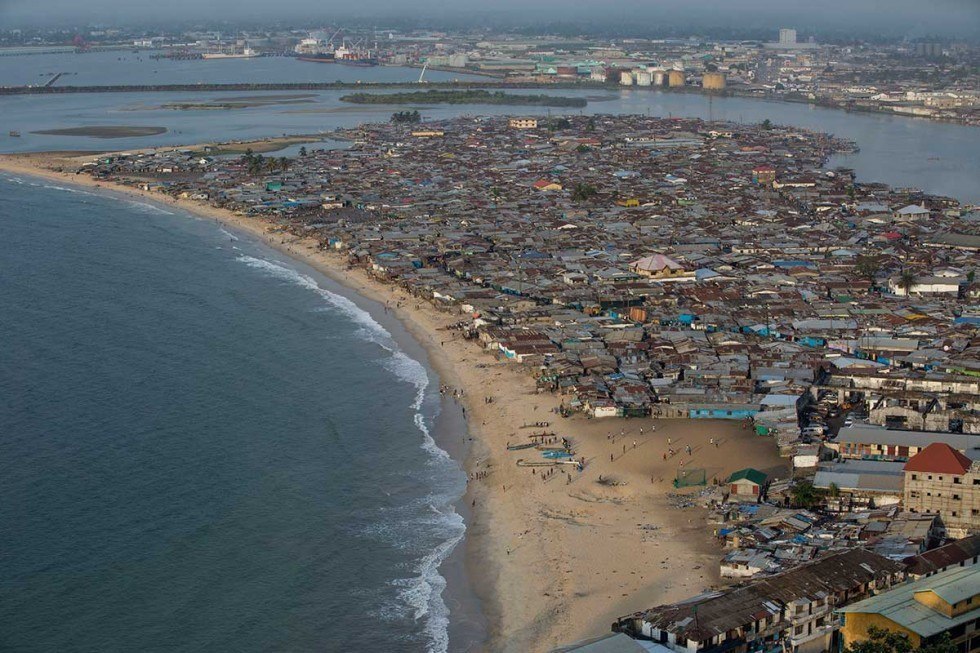
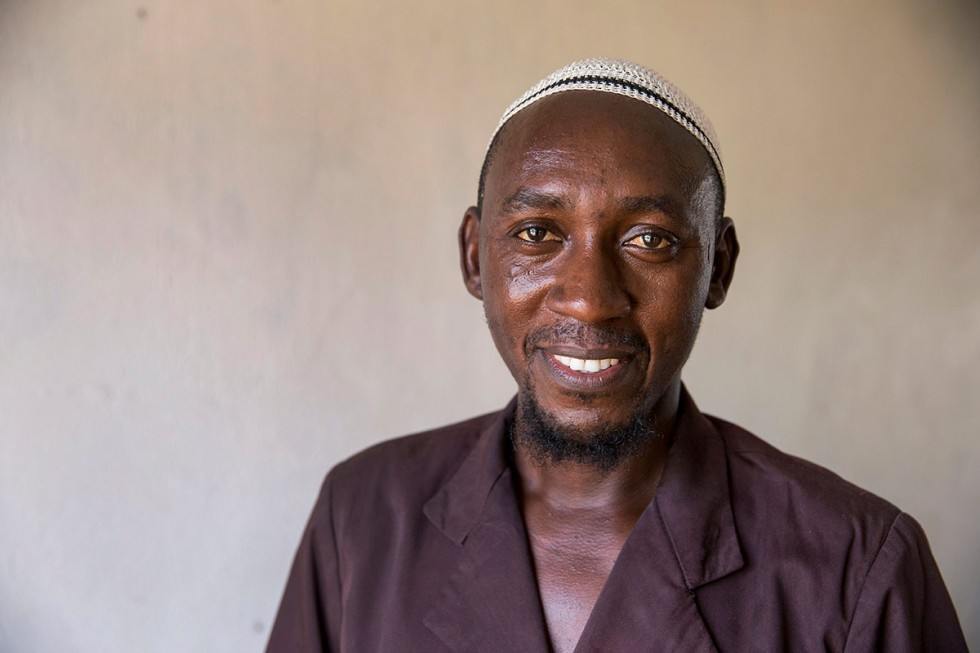
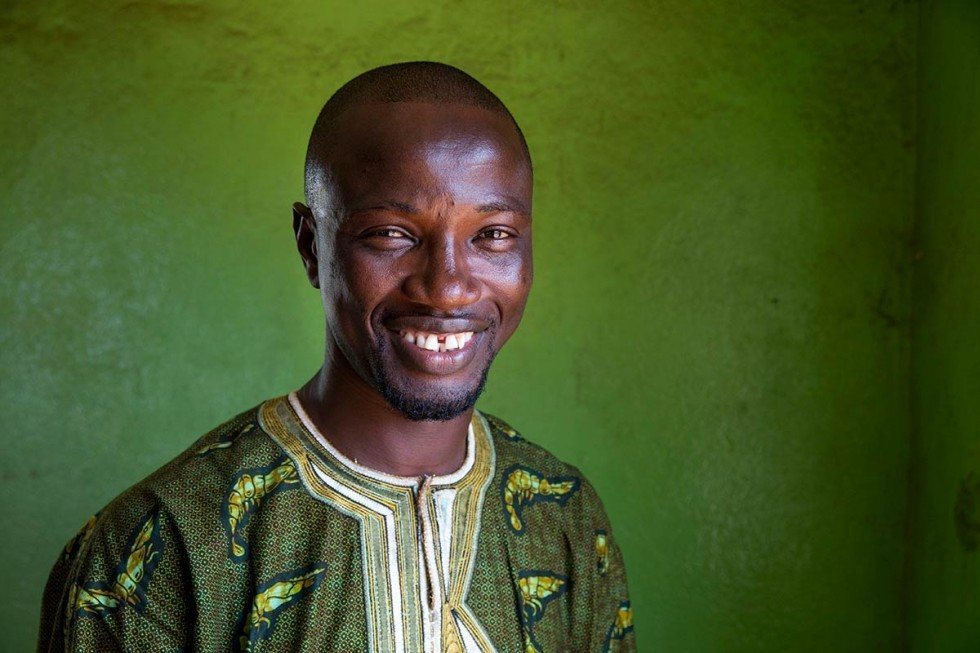
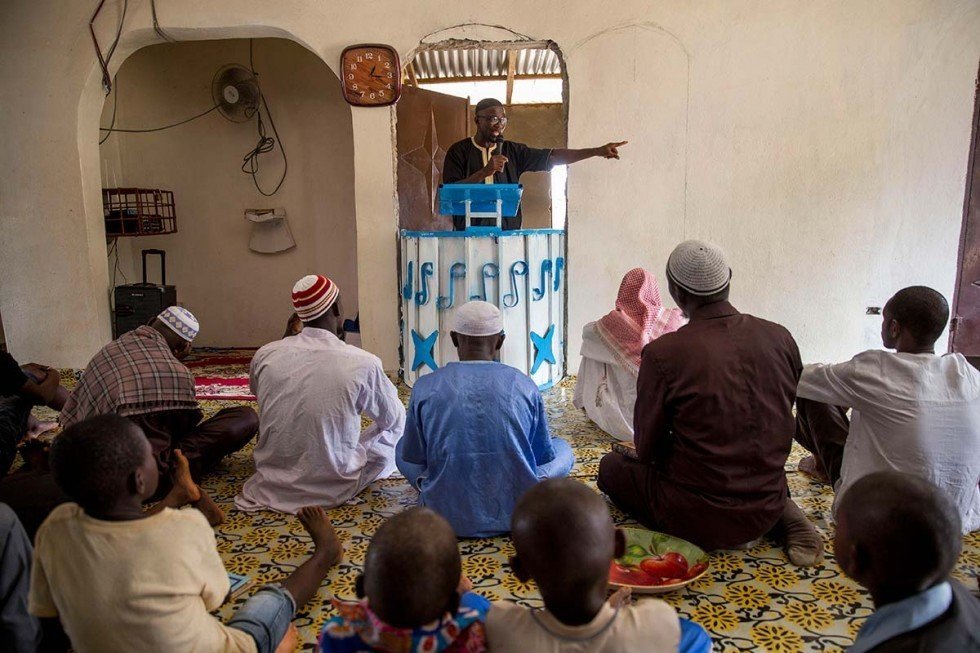
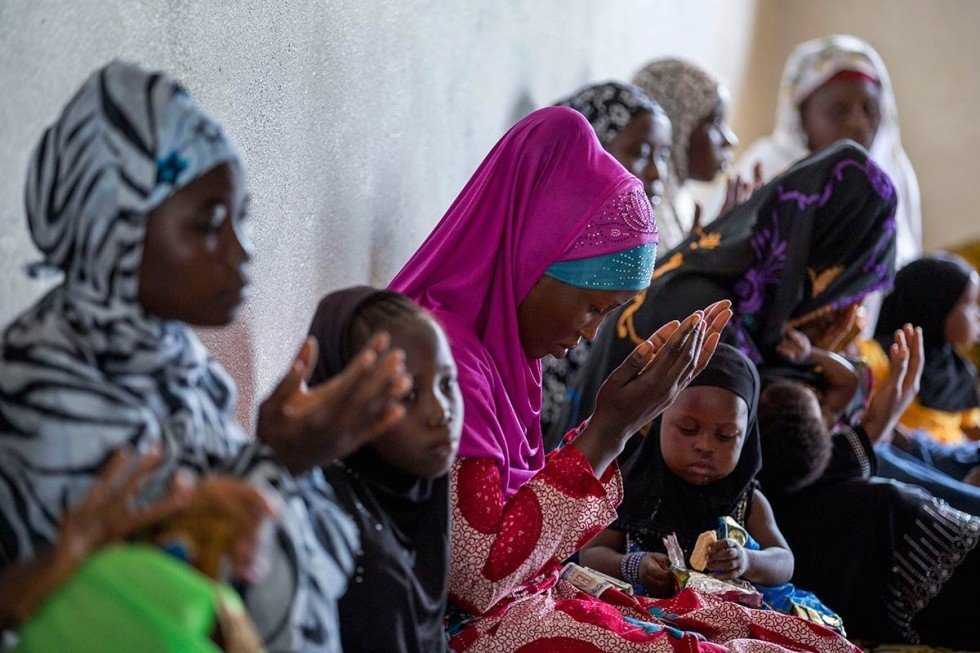
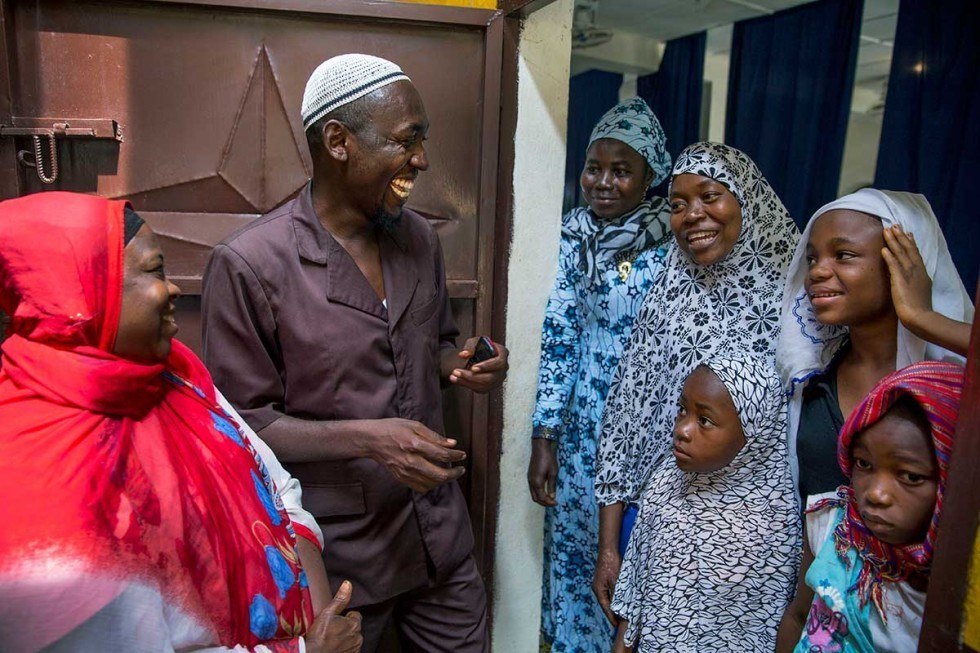
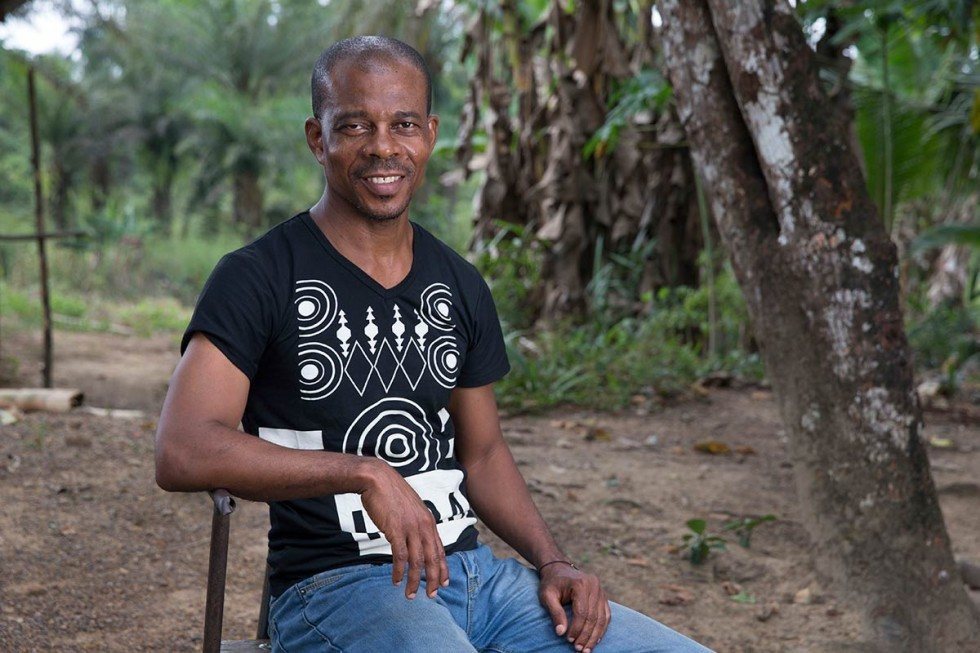
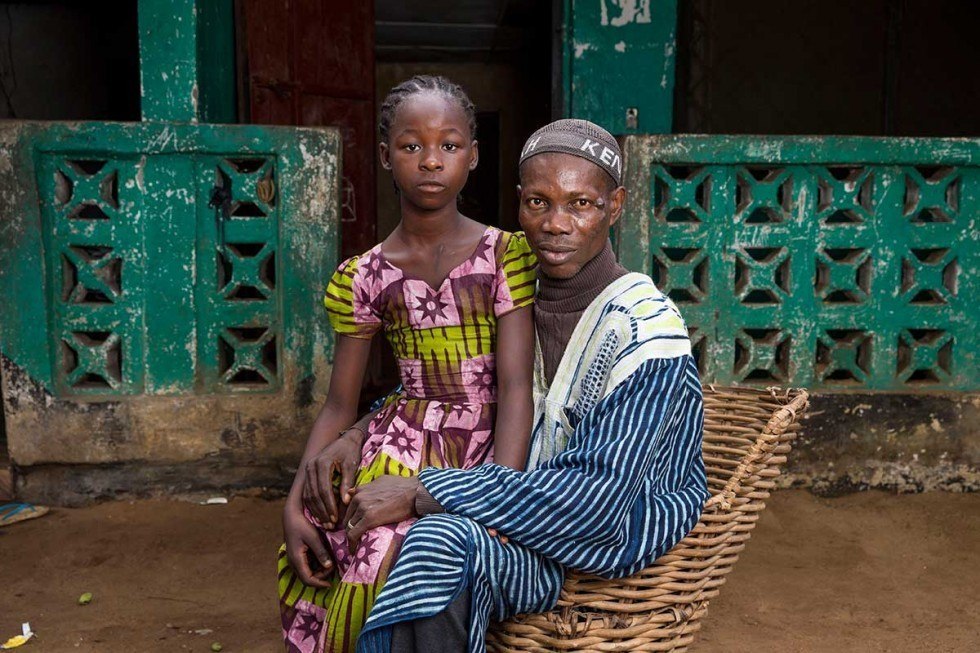
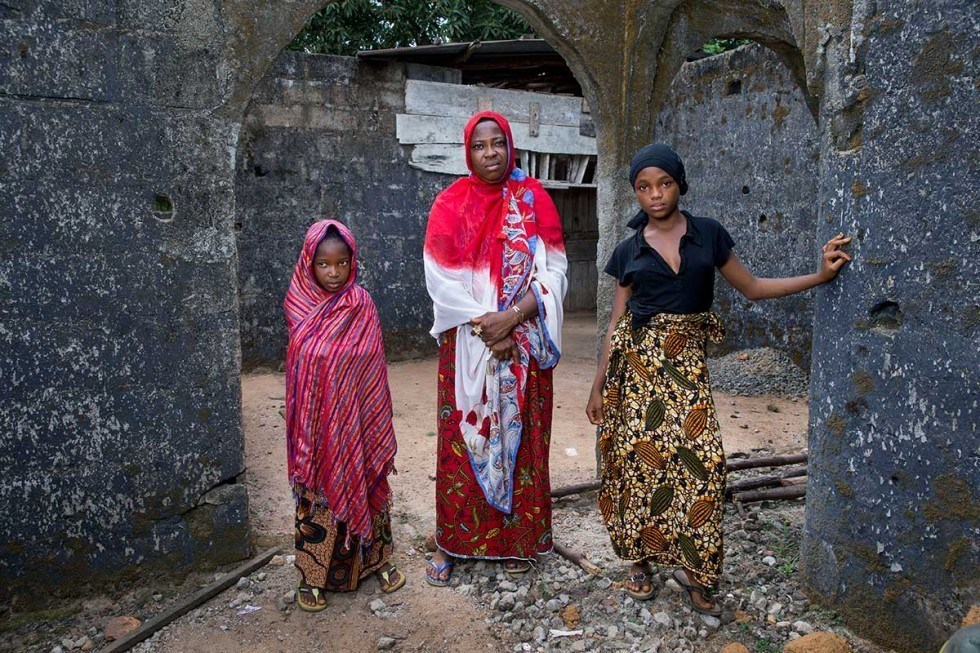
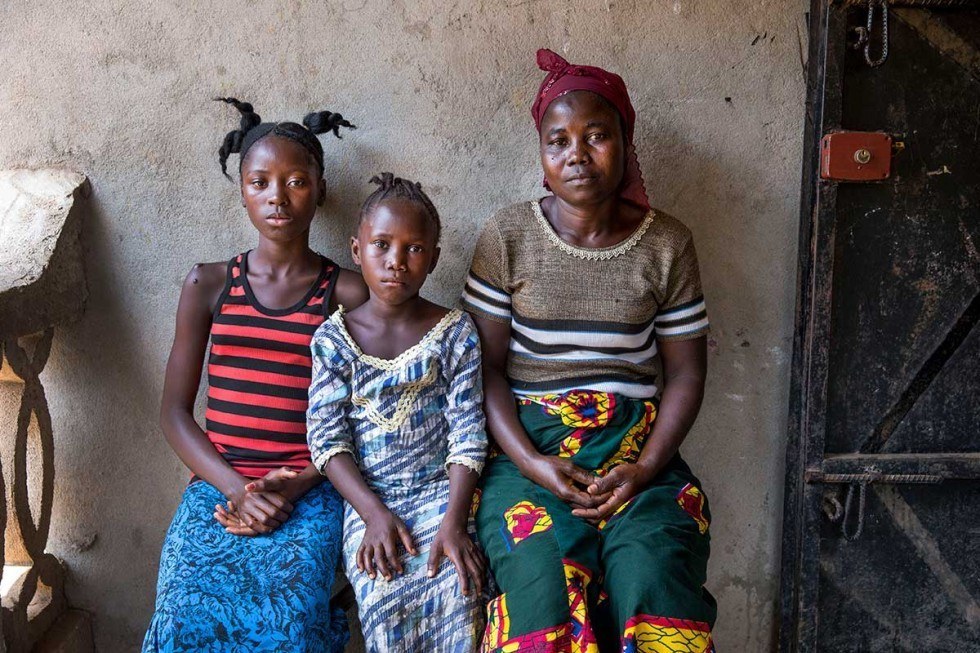
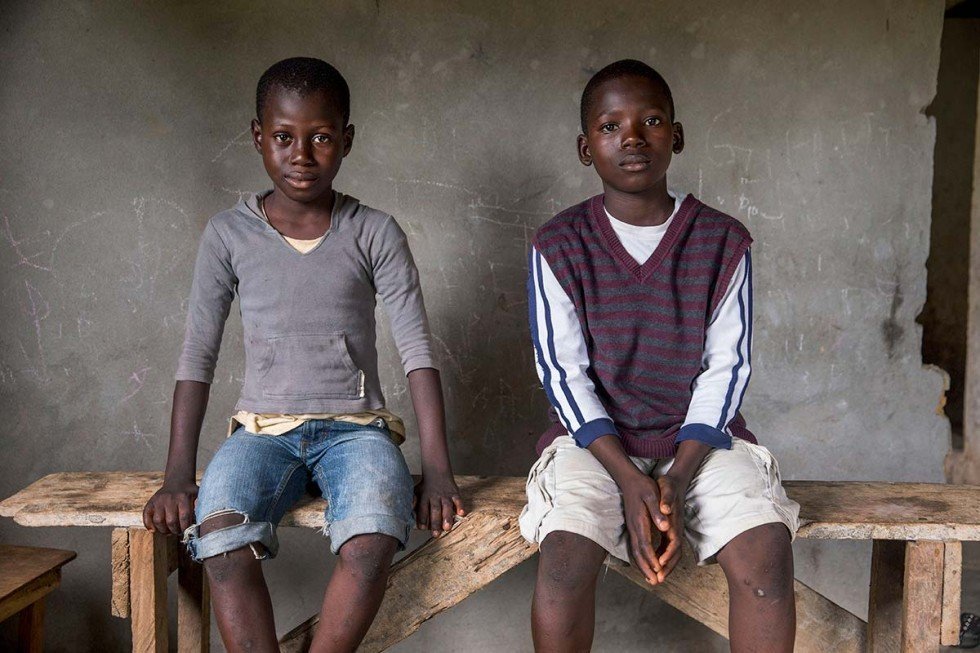
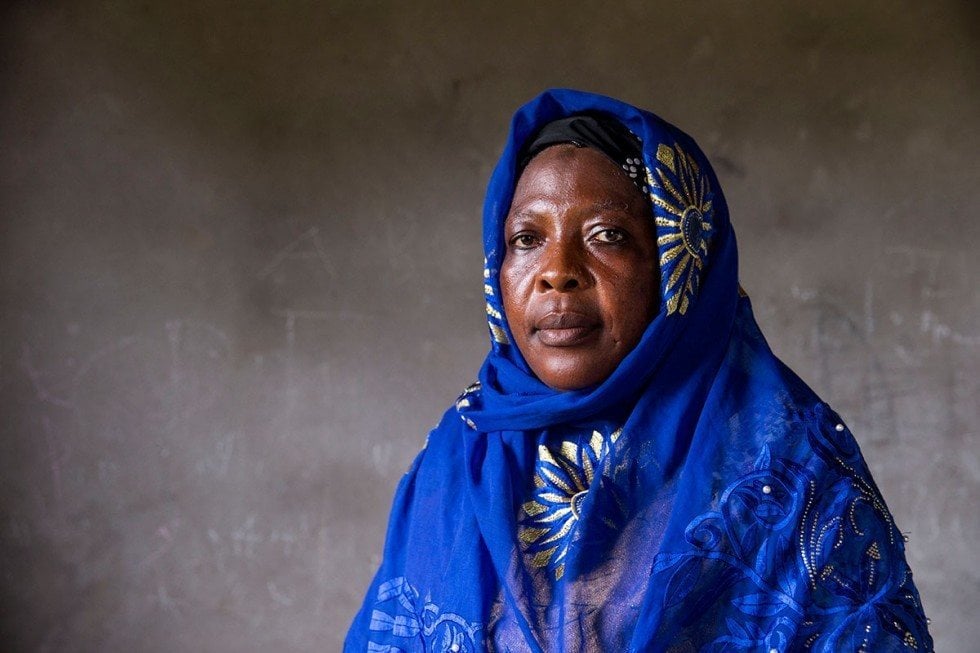
Photos by Jonathan Torgovnik.
AJWS’s work in countries and communities changes over time, responding to the evolving needs of partner organizations and the people they serve. To learn where AJWS is supporting activists and social justice movements today, please see Where We Work.

